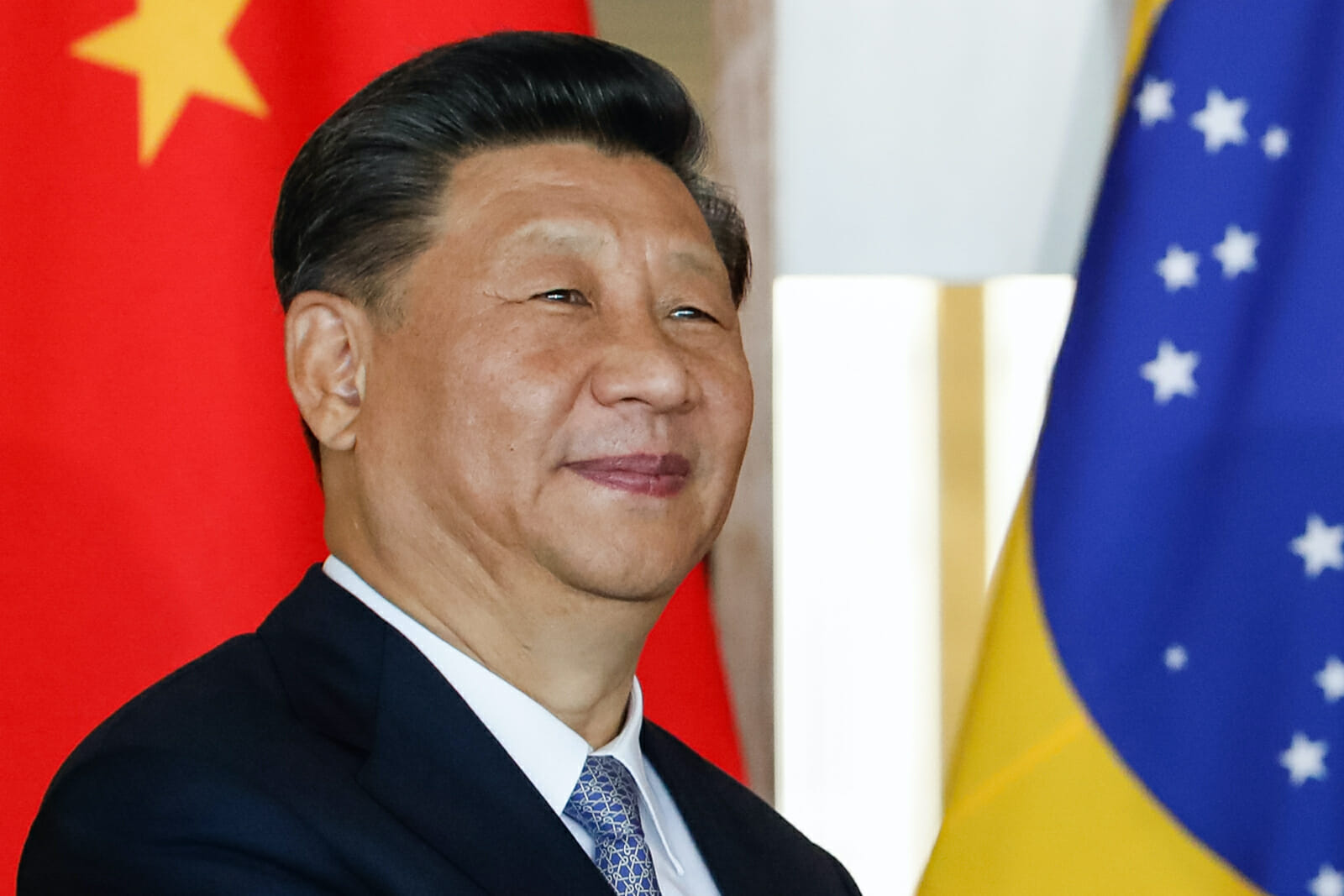
The China Threat to U.S. Supremacy is a Mirage
BEIJING, China – The rise of China caught the West by surprise. So has China’s decline.
Sure, China is having a good pandemic. Life since the initial COVID outbreak in Wuhan is pretty much back to normal. Few restrictions are in place in Beijing or Shanghai. But globally? China is the new bogeyman. In corporate speak, its brand image has been damaged. The crackdown in Xinjiang and its far from convincing protestations that COVID did not leak from a Wuhan lab has holed its credibility beneath the waterline.
The trouble with the China rise to global dominance scenario is that it is nonsense but it does suit certain factions in Washington and Beijing. It allows the U.S. to have an enemy, and maintain defense spending. Beijing can pander to nationalist sentiment, otherwise known as “wolf-warrior diplomacy.” You know the story…stumbling America hampered by global commitments will give way to the more disciplined, regimented, and innovative challenger.
China’s president, Xi Jinping, is not taken in by this. He knows, and has stated publically, that excessive growth and the corruption it inevitably brings will damage the party. His raison d’etre for wanting to become leader, back in 2012, was to save the party from itself, ensure its survival. Better to have a little growth and unquestioned party supremacy, he warned, then a booming economy with the party hemorrhaging power and authority. Has he succeeded? Zhou Enlai, the late Chinese premier, is often credited with saying about the success of the French revolution “it’s too early to say.” Zhou was actually referring to the student revolt in Paris in 1968.
The indicators are there, flashing in plain sight. Strong economies have strong currencies. SWIFT, the financial services network, stated that the Chinese currency, the renminbi, is used in less than 3 percent of international payments this year, compared with the dollar’s nearly 50 percent share.
Colleges, incubators of growth, are hampered. Global university rankings vary but all put Tsinghua and Peking, the country’s leading universities, outside the global elite, dominated by American and British institutions.
Transport systems are vital in a country with such a large population. High-speed trains are very comfortable but not as good, or as fast, as promised. China had a simple destination and it failed; overtake Japan where the Shinkansen, or bullet train, is almost a national symbol. It has been in service for almost 60 years and not one fatality. China’s ministry of railways, once a powerful entity, was found to be so corrupt it had to be scrapped following the Wenzhou train crash in 2011 that killed 40 people.
Its technology, much-heralded, is also short-circuited. Facebook, Alphabet, and Twitter, and other Big Tech firms are global powers. Their Chinese counterparts, Tencent, Baidu, and Sina Weibo can barely make their presence felt beyond the Chinese border. While mobile phone payments are increasingly the norm in Beijing, the U.S. has a commanding lead in developing the chips that power computers.
Constant state intervention is not good for sustained growth. Beijing bureaucrats dictate bank loans for inefficient enterprises and pointless infrastructure projects. An inadequate welfare system and a waste-ridden property sector damages China’s economic prospects.
China lacks global ideological clout. It is an economic power but it is nowhere near being the dominant one. The Belt and Road Initiative and a record of rapid economic development are worthy achievements but they are not a model that can easily be transferred to other countries. Soviet Communism inspired revolutions, Chinese style Communism does not. China wants trade deals but its economic model does not inspire. Foreigners are not rushing across its borders to seek work. And it is not a threat to the U.S.
The threat to Washington lies much closer to home.

